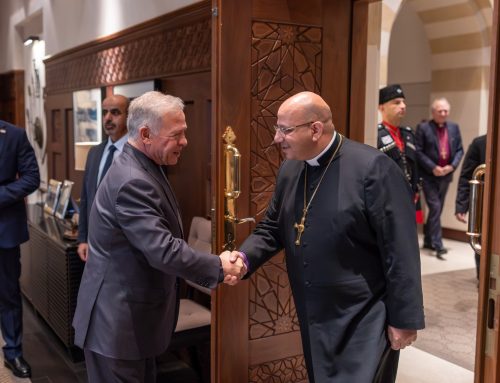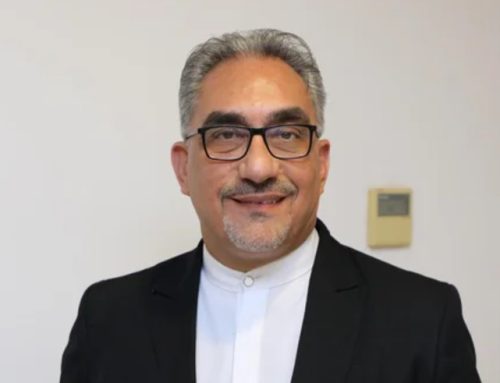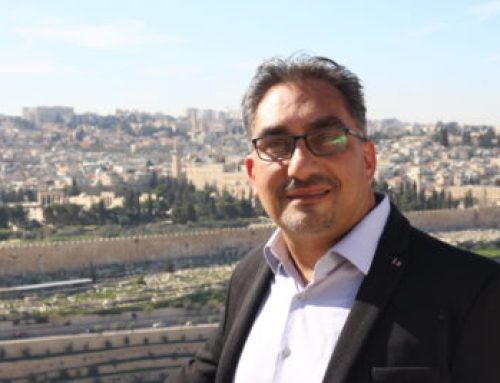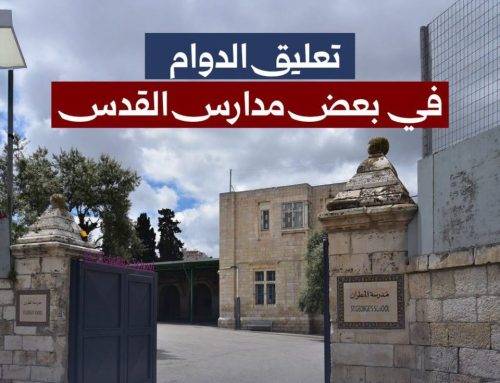Arab Christians have said that they were not adequately involved in the ‘historic’ declaration signed this week by the Archbishop of Canterbury and the Chief Rabbis of Israel.
Arab Christians have said that they were not adequately involved in the ‘historic’ declaration signed this week by the Archbishop of Canterbury and the Chief Rabbis of Israel.
It has also been suggested that the event was aimed at appeasing Britain’s Chief Rabbi Jonathan Sacks.
Anglican Bishop Riah Abu al-Assal of Jerusalem told the Jerusalem Post that neither he nor other Arab Christian leaders had been properly consulted.
The meeting and the signing of the agreement followed strained relations between Israel and the Church of England over the issue of disinvestment.
The Church of England’s General Synod (‘Parliament’) voted in favour of disinvesting “from companies profiting from the illegal occupation” by Israel of Palestinian territory. Rowan Williams was amongst those who voted in favour of the motion. However the vote brought criticism from amongst others, Britain’s chief Rabbi, and some even branded the vote ‘anti-Semitic’.
“Senior people of the Church of England informed me that the whole event came to appease Rabbi Jonathan Sacks, Israel and the Jewish lobby because of what happened at the Synod of the Church of England regarding the issue of divestment,” Bishop Riah told the Jerusalem Post. “My personal opinion is that it is not the right time – given the events in Palestine and the Middle East at large.”
The agreement also comes at a time when Israel has been accused of ‘suffocating Gaza in order to seize Jerusalem’, issuing tenders for 690 new settlement units around occupied East Jerusalem.
Rowan Williams however said that the agreement would help to advance inter faith relations.
The “tragic conflicts in the Holy Land” necessitated dialogue, Williams said. “Without friendship and mutual confidence, without the ability to speak to one another candidly and lovingly, we shall never be in a position where our relationship can change things and challenge things and move the situation forward,” he said.
“This is a potentially fruitful development for relations between Christians and Jews in general and for the peoples of the Holy Land in particular. What we’ve agreed today will provide a framework within which both practical and sometimes challenging issues can be discussed on the basis of mutual trust and respect.”





